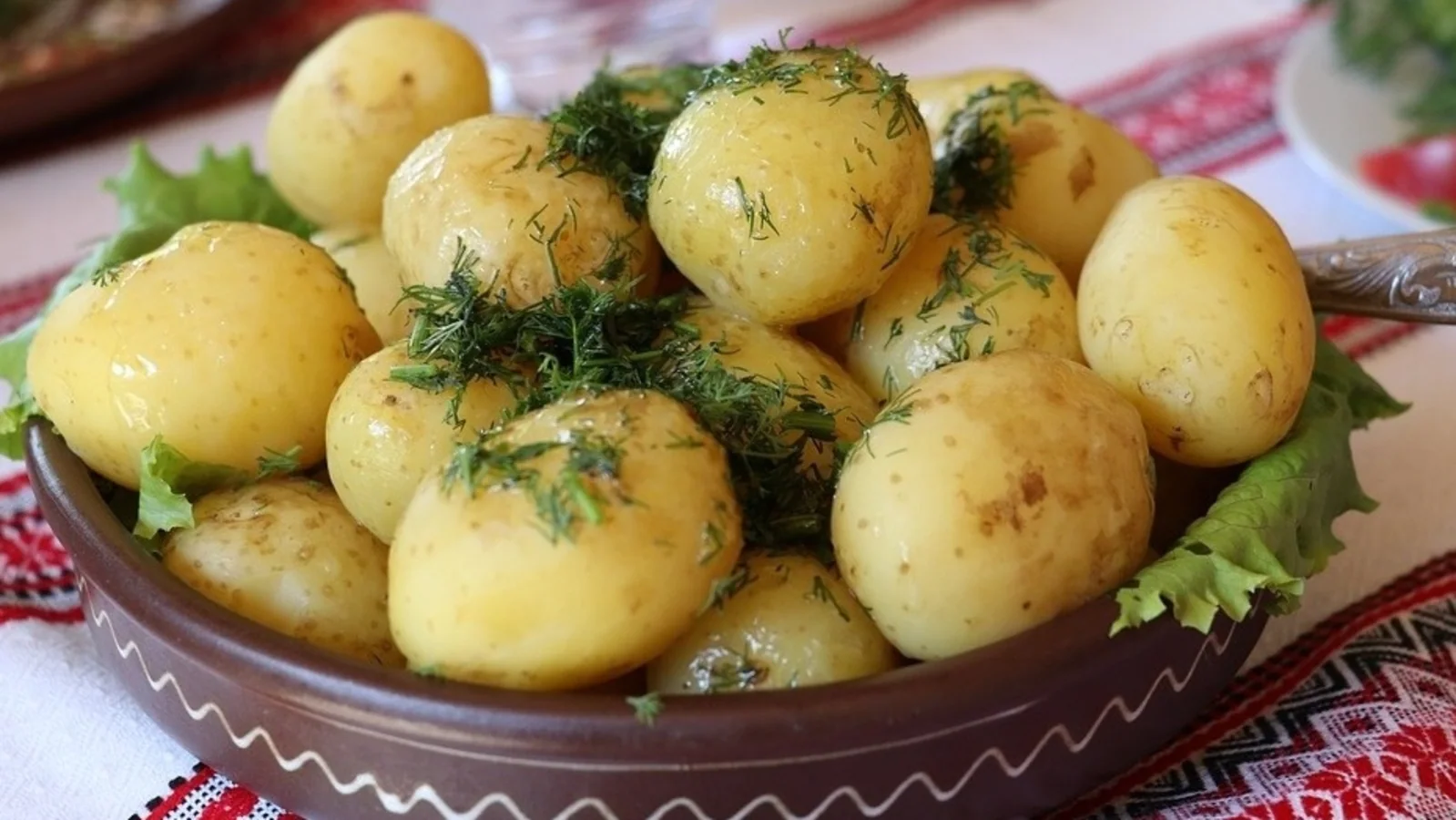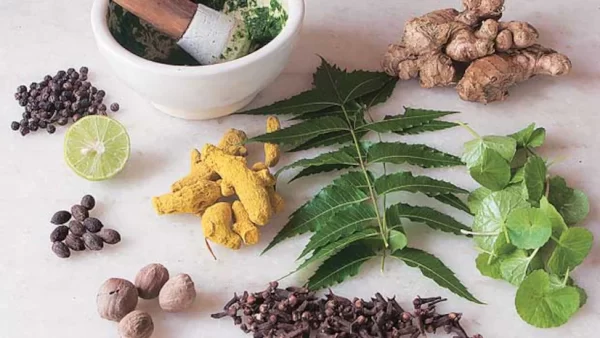
Can potatoes help you lose weight? Here’s what a nutritionist says
The combination of temperature changes allows a series of separate viruses to develop and viruses that cause people to become sick because of the colds and flu seems to be more common as the season changes. According to research, Rhinovirus and Coronavirus were initially responsible for ordinary flu because they were considered two main agents.
In an interview with HT Lifestyle, Mugdha Pradhan’s functional nutrition, CEO and the founder of Ithrive, revealed, “Your daily session of your immune system can make a big difference. We will recommend taking important supplements along with a good diet to strengthen your immune system In vulnerable weather. “
By asserting that the excess winter brings its health problems such as flu and flu that is common, safe castle, the founder of tough nutrition, also echo that the right immune food and including vital vitamins in our diet every day, can help someone avoid this health problem. This duo enrolled important supplements to be taken during weather changes.
1. B complex – vitamin B, as the main component of a healthy body, has a direct impact on the energy level, brain function and cellular metabolism. Complex vitamin B consists of eight different B vitamins. Each important vitamin increases the function of your body’s development. This is important nutrients like vitamin B complex is a group of B vitamins starting from B1 to B12. People tend to feel lethargic in winter. Vitamin B-12 increases energy by promoting cell function. Foods rich in vitamin B include eggs, green leafy vegetables, fish, liver, chicken, milk, legumes, orange and other grains.
2. Zinc – this helps in the function of your immune system and metabolism. Zinc is also important for wound healing and your senses and smell.
3. Magnesium – It has many functions including helping with nerve and muscle function, blood pressure regulation and support for the immune system.
4. Oil Krill – It has a number of health benefits, including the effect on your cardiovascular function, inflammation and providing antioxidant support.
5. Vitamin D3 with the AIDS K2-K2 in ensuring that calcium transmitted by vitamin D is absorbed by bones where needed. This further fortes the immune system.
6. Quercetin or Colostrum – this helps regulate cell stabilization that has an antihistamine and anti-inflammatory effect. In addition, it increases IgG response and antibody production.
7. Vitamin D – This helps improve the ability of our immune system to ward off infection. People with deficiency or insufficiency of vitamin D are at a higher risk of infection. People can get vitamin D from oily fish such as salmon, tuna and herringbone, eggs, enriched cereals, milk and mushrooms. Sunlight is a source of vitamin D. The good and natural other, people who have poor sun exposure can be considered including vitamin D supplements as recommended by their health care providers.
8. Vitamin C – This is a powerful antioxidant that helps fight free radicals in the body and reduces oxidative stress. It also plays a major role in increasing immunity and increases iron absorption in the body. Vitamin C not only helps prevent infection but also helps a faster recovery of illness and wound healing. Some foods that are rich in vitamin C are peppers, kangkung, amla, guava, broccoli, strawberries, mangoes, orange and lemon.
9. Vitamin E – During seasonal and winter changes, our skin becomes debris and dry. Therefore, vitamin E comes to rescue because it supports the buildup of skin tissue because of its nutritious nature. Foods are rich in vitamin E including meat, fish and vegetables such as spinach, broccoli, red peppers, pumpkins, almonds, beans and sunflower seeds.


